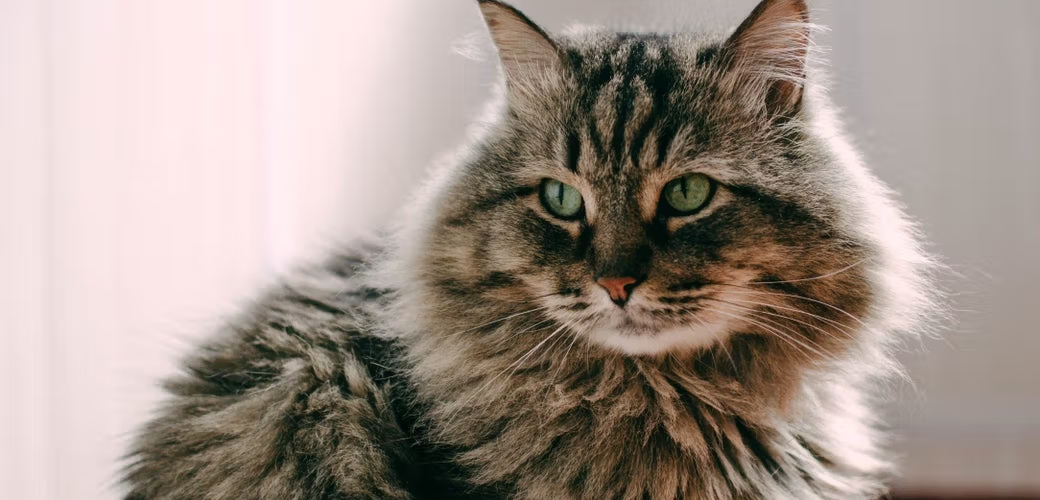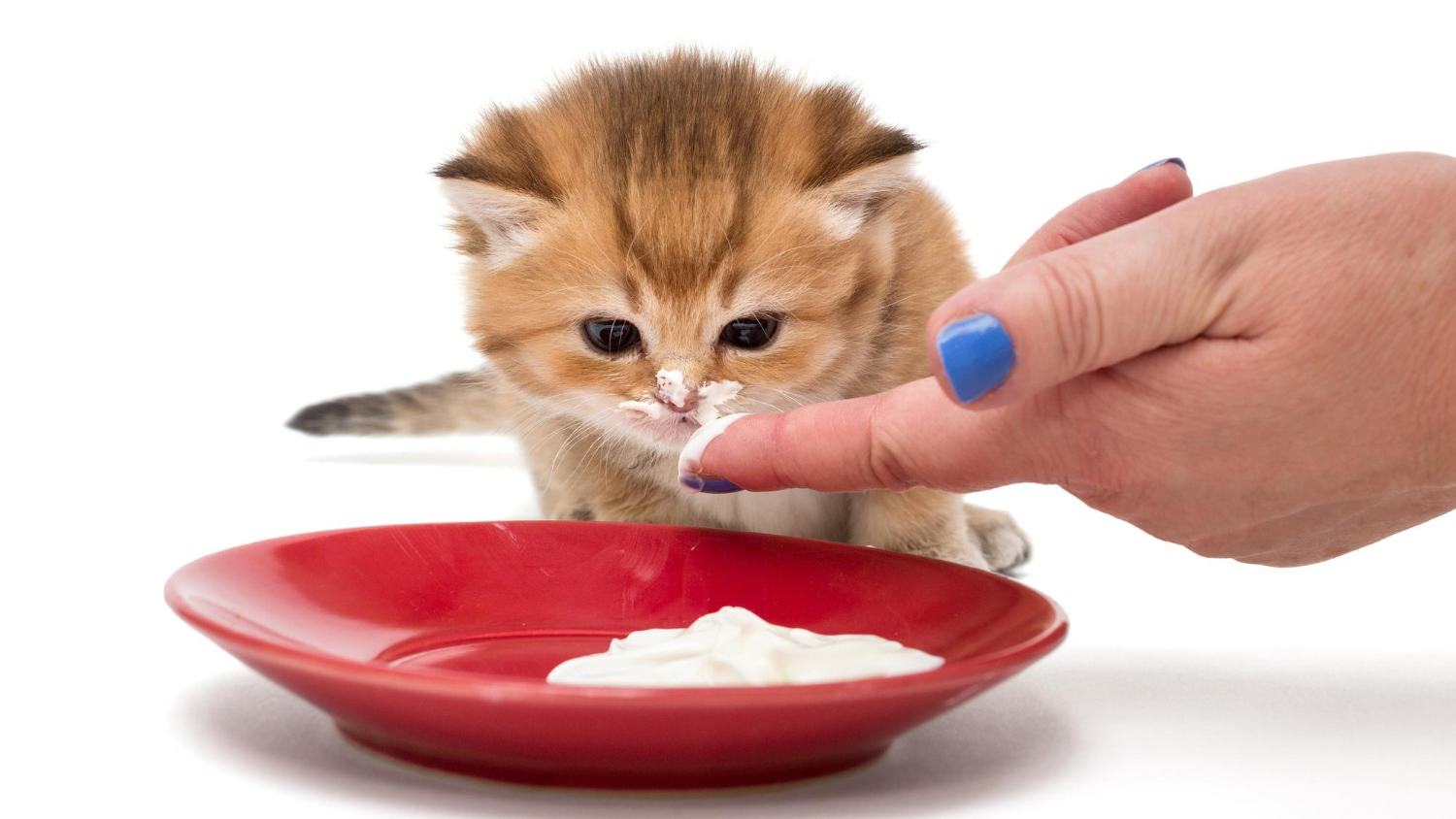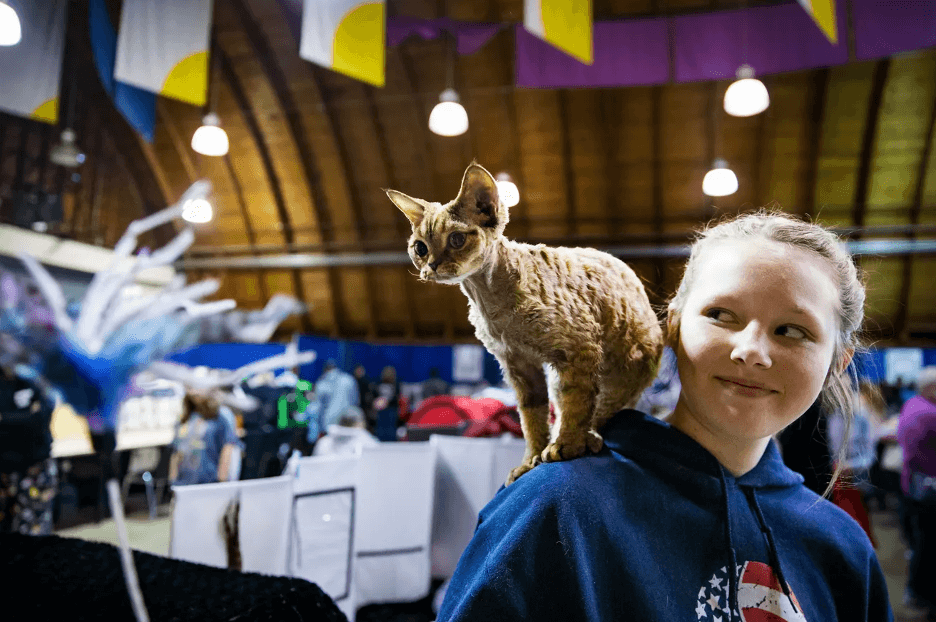Written by Rene Knapp, long time TICA member and dedicated cat lover.
Understanding the Needs of Senior Cats
As cats age, their physical and emotional needs change. Understanding these shifts helps you adapt your care approach and maintain their quality of life.
Nutrition for Aging Cats
Adjusting the Diet
Senior cats may require food with higher moisture content, lower calories, and enhanced joint support. Speak to your vet about the best options for your cat’s age and health status.
Maintaining a Healthy Weight
Overweight and underweight cats are both at risk. Monitor food intake and activity levels to support a healthy weight as your cat ages.
Comfort and Environmental Enrichment
- Provide soft, warm bedding in quiet areas.
- Use ramps or stairs for easy access to favorite spots.
- Keep the litter box easily accessible and low-sided.
- Encourage gentle play to stimulate mental and physical activity.
Regular Health Checkups
Senior cats benefit from more frequent vet visits—ideally every six months. These checkups can catch early signs of arthritis, kidney issues, or dental disease.
Emotional Support and Bonding
Aging cats may become more attached to their humans. Maintain routines, speak gently, and spend quality time together to ease anxiety and support emotional well-being.






















































































